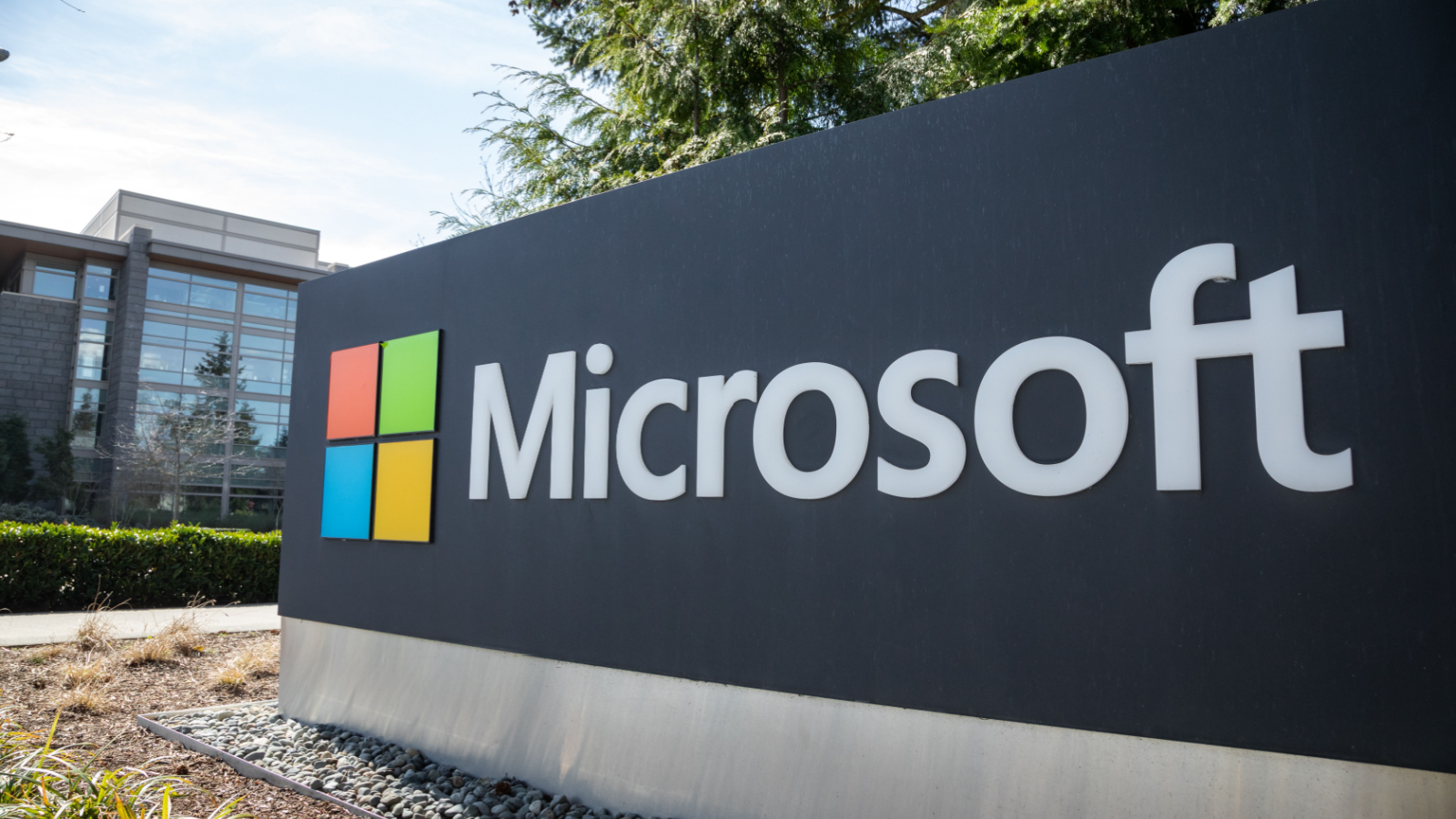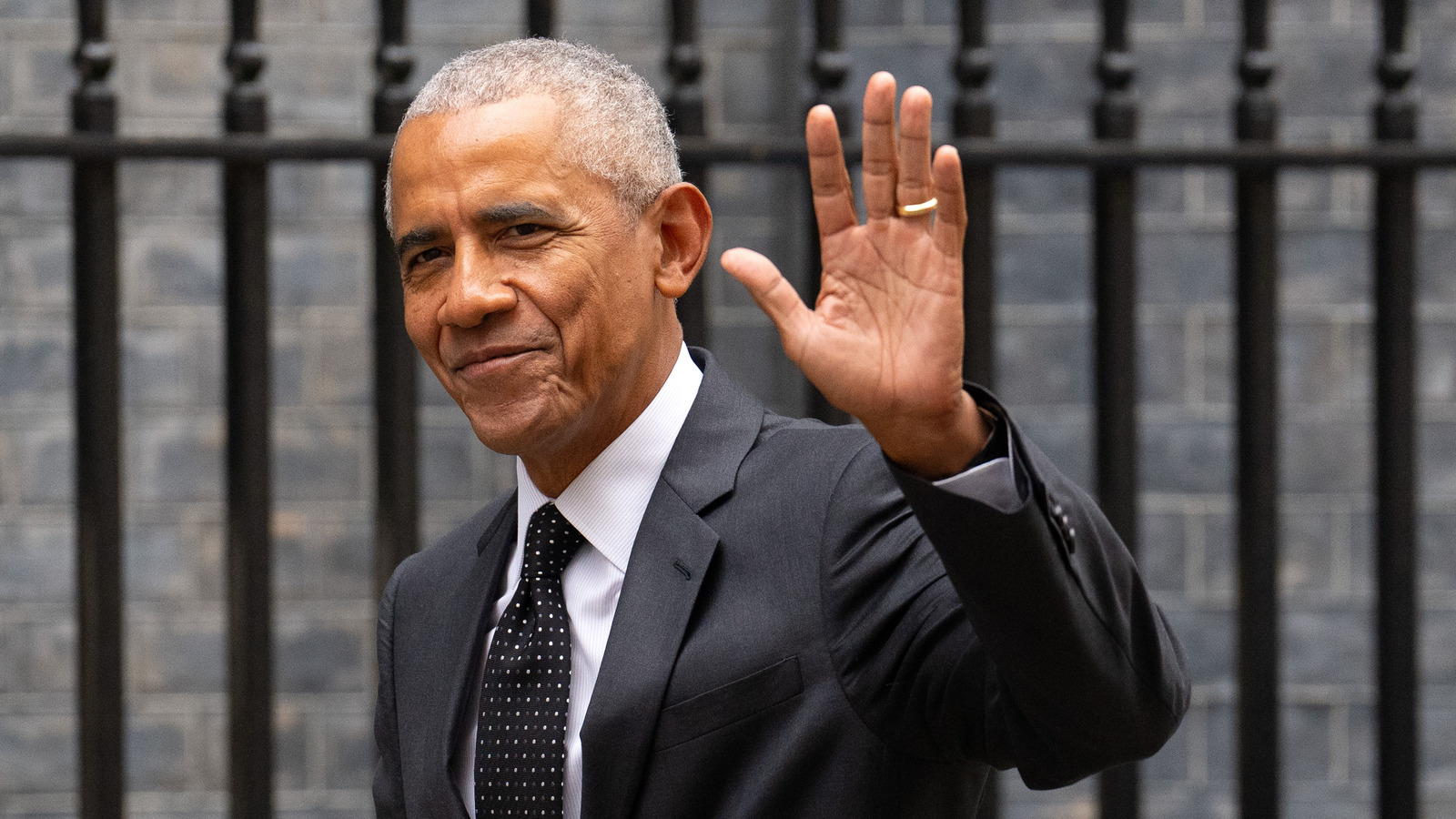Microsoft shares: The value stock is expected to double again in 21 months

Since Microsoft (NASDAQ:MSFT) reached a low of around $221 in November 2022, Microsoft stock has doubled in value. It could double again in the next 21 months.
Aswath Damodaran, Professor of Finance at the NYU Stern School of Business, was recently a guest at CNBC to talk about the Magnificent Seven, including Microsoft. He was quite enthusiastic about the seven technology stocks.
“If we look at the last year and a half, they’ve gained $8.8 trillion in market cap… just those seven companies. Just to give you an idea, the second largest market in the world, China, has a market cap of $12.1 trillion. Those seven stocks alone have gained more market cap than the entire German market, the French market and the Swiss market,” Damodaran said on CNBC on July 5.
So, although the professor suggested that the markets had become expensive, he also said that he viewed the Mag 7 as the “value stocks” of the markets.
While it may be hard to believe, here are three arguments why Microsoft is a value stock compared to the overall market.
Microsoft is a money machine
As Damodaran said, investors concerned about earnings and cash flow are focusing on Microsoft and the other Mag-7 stocks because of their consistency.
Would you rather pay 15 times cash flow for a company with inconsistent growth or 30.4 times cash flow for Microsoft stock, whose revenue and operating income have grown 14.0% and 18.7% annualized, respectively, over the past three years? I’d choose the latter.
In fiscal year 2019 (month ended June), Microsoft’s net cash flow from operations was $52.19 billion, or 41.5% of its revenue of $125.84 billion. In 2023, it was $87.58 billion, or 41.3% of its revenue of $211.92 billion.
I don’t think you can be much more consistent over five years than with a cash flow margin difference of just 20 basis points. Moreover, cash flow is up 67.8% since 2019, just 40 basis points less than revenue growth.
The price is what you pay, the value is what you get
Warren Buffett is known for the above statement about acquired assets.
While you pay $455 for Microsoft shares, that is not necessarily the intrinsic value of the shares. Buffett looks at intrinsic value to assess whether he should buy back shares. Berkshire-Hathaway (NYSE:BRK.B) share.
This happened in 2011 when the holding company changed its criteria for buying back shares, which were previously only allowed when the share price was 1.2 times book value, to when it was trading below intrinsic value.
“Many managers simply decide they’re going to buy X billion over X months. That’s not how you buy. You buy when you’re selling short… It’s not a complicated equation to figure out whether it’s beneficial to buy back stock or not,” Buffett said.
To buy at the current price, you’d say you believe Microsoft is worth more than $455 per share. MSFT’s all-time high of $468.35 was reached in early July. If you buy, you probably also believe it’s worth more than the all-time high.
The return on free cash flow is not bad
Based on a current enterprise value of $3.37 trillion and trailing 12-month free cash flow of $70.58 billion, this results in an FCF yield of 2.1%. The FCF yield in 2019 was 3.4%, based on an enterprise value of $1.14 billion and FCF of $38.26 billion.
I usually look for stocks with free cash flow yields of at least 4%. However, considering that the S&P500 The FCF yield was 4.08% as of July 31, 2023, and the index has gained 25% over the past year. It is likely to be 3.06% or less.
Considering the consistency of Microsoft’s cash flow generation, 2.1% is a reasonable FCF yield compared to the overall market.
As mentioned above, Microsoft has been able to grow its cash flow by almost 70% over the last five years, or 13.8% annually. Given the company’s ongoing AI initiatives, I don’t see this slowing down any time soon.
It is definitely a money-making machine that is worth owning in the long run.
At the time of publication, Will Ashworth had no position (either directly or indirectly) in the securities mentioned in this article. The opinions expressed in this article are those of the author, subject to InvestorPlace.com Disclosure Policy.
At the time of publication, the editor in charge did not own, directly or indirectly, any interests in the securities mentioned in this article.



